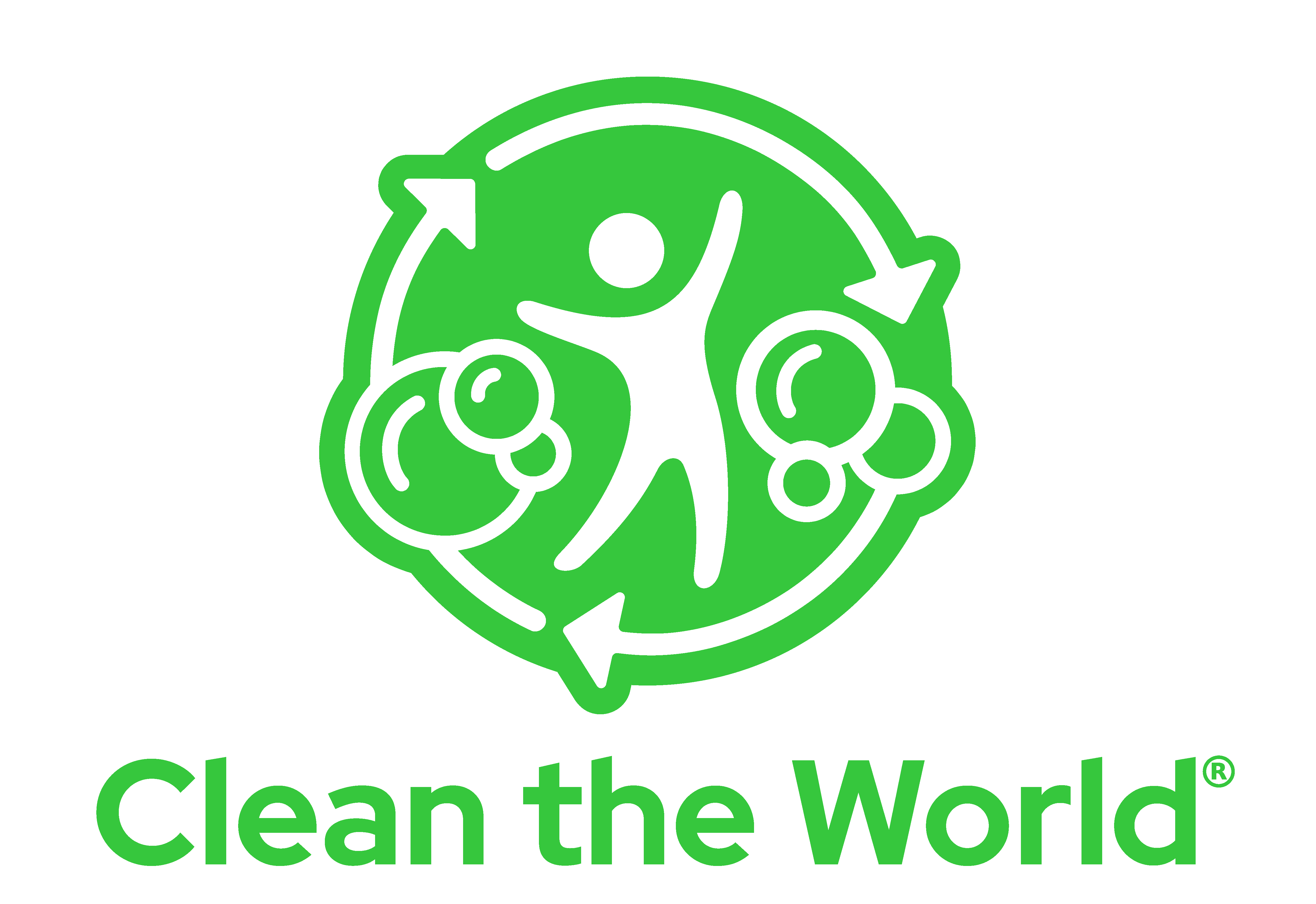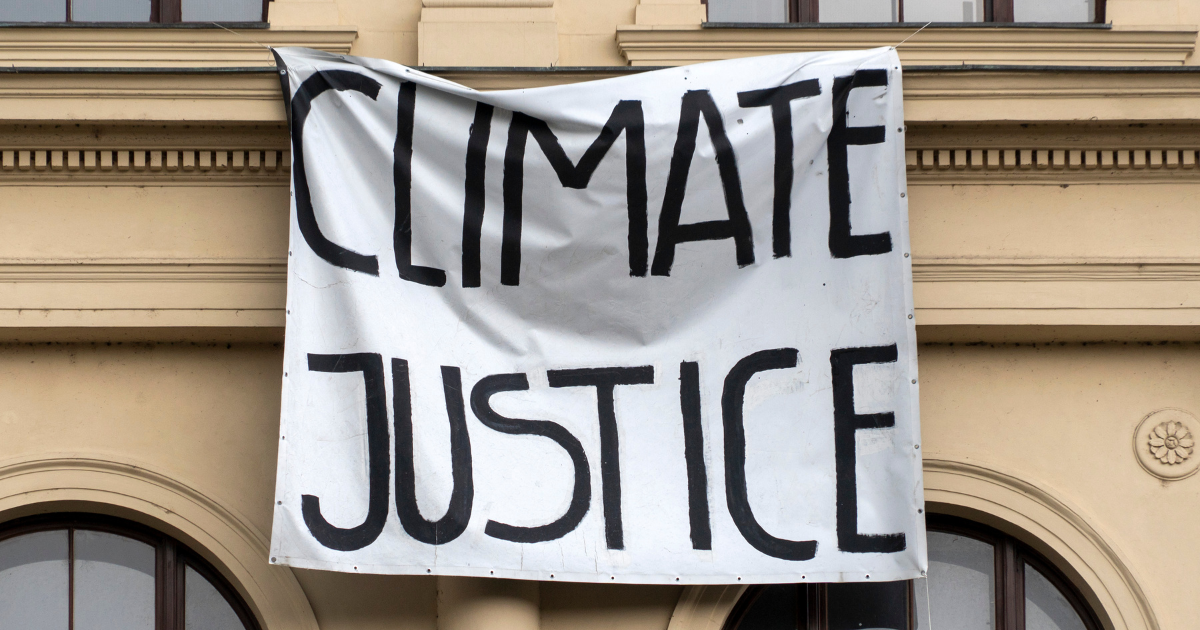In recent years, the term “climate justice” has emerged as a powerful framework for climate change activism. At its core, climate justice is about protecting the most vulnerable communities, who are disproportionately affected by the devastating impacts of climate change.
Impact of Climate Change of Communities
Many regions around the world are on the brink of facing severe environmental impacts, and these ramifications will affect the most vulnerable. Research suggests that the planet has lost almost one-third of its arable land in the past 40 years. With three out of four people who live in poverty relying on agriculture and natural resources to survive, this loss of land directly impacts people’s chances of survival.
Rapidly changing climates and an increased frequency of severe weather events, such as wildfires, droughts like those in Nigeria’s middle belt, and hurricanes like those in Haiti, are decimating these communities, leaving resources even more strained.
Additionally, rising sea levels are forcing many people living close to the oceans to migrate inland, leaving them with little resources and, in the worst cases, homeless. The World Bank identified countries such as Brunei, Cambodia, China, Indonesia, North Korea, South Korea, Malaysia, Myanmar, Papua New Guinea, Philippines, Thailand, and Vietnam as at risk due to rising sea levels.
Why is Climate Justice Important?
The climate justice movement is a call to address those responsible for global warming and to find solutions. This approach is key for setting fair global emissions reduction targets and deciding each nation’s role and cost in international climate agreements. This discussion also matters within countries, highlighting the importance of inclusive decision-making processes and countries and organizations taking responsibility for their impact.
Climate Justice From a Global Perspective
Globally, the climate justice movement emphasizes human rights, fair international development, and equitable redistribution of the benefits and responsibilities of climate action. It aims to address the unequal impacts of climate change on different communities and ensure that everyone can adequately prepare for, respond to, and recover from climate impacts, considering their vulnerabilities and resources.
A ‘just’ approach means ensuring a safe climate for future generations, fairly distributing the remaining global carbon budget, and transitioning to a low-carbon economy in a way that shares costs fairly and meets everyone’s basic needs for housing, transport, and energy. Policies like carbon reduction and flood resilience can either worsen or reduce inequalities, adding to the uneven effects of climate change and raising concerns about fairness.
Raising Awareness for a More Sustainable Future
We have the responsibility to spread the awareness of the urgent need to implement practices that mitigate as much risk as possible and protect vulnerable communities worldwide. We believe that through collective action within the hospitality industry and afar, we can be a force for change.






